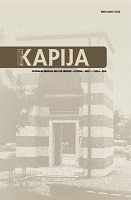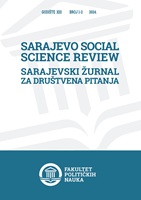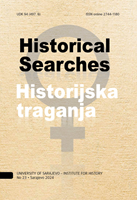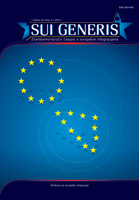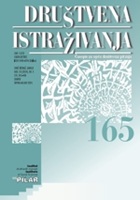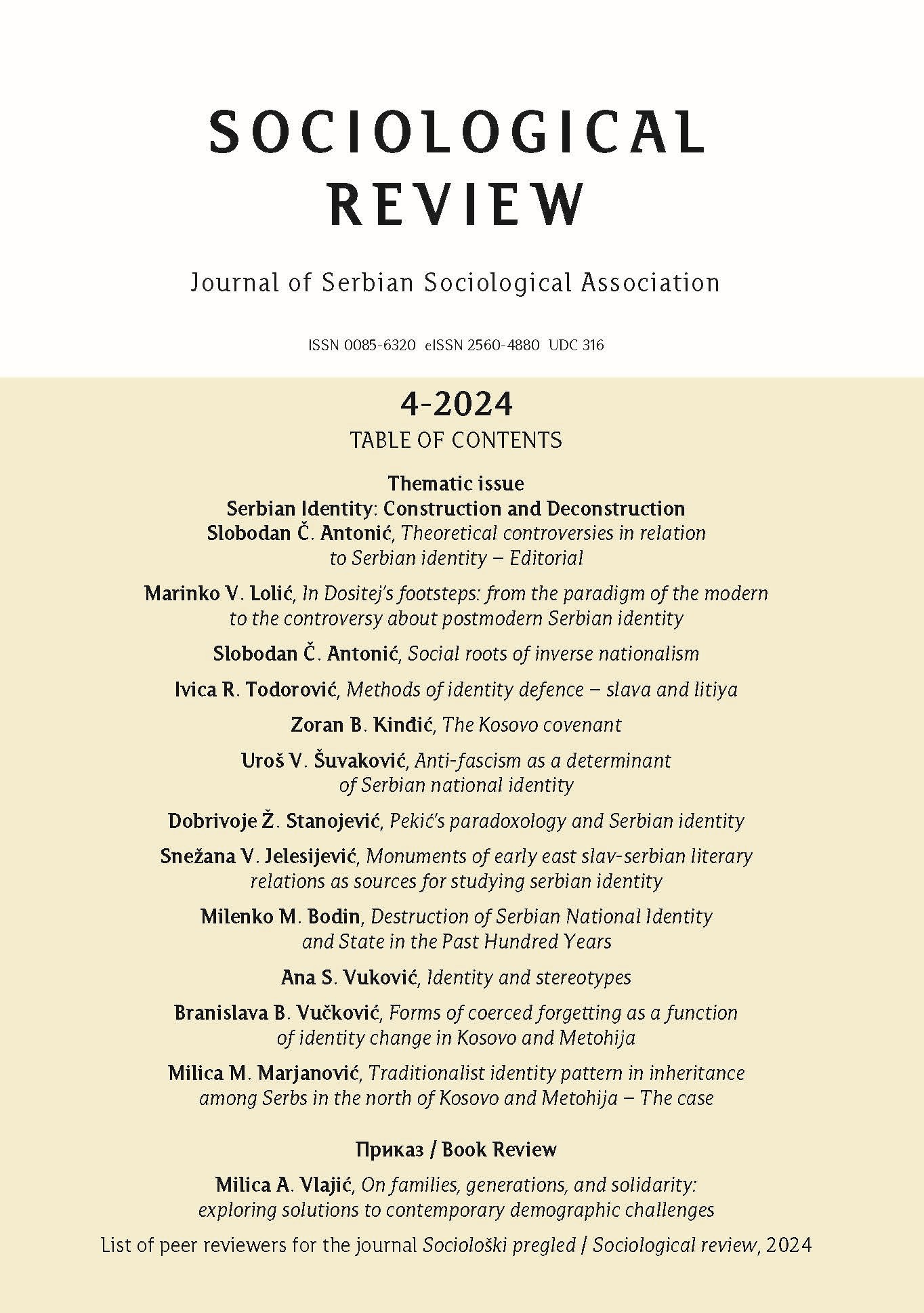
ДОСИТЕЈЕВИМ СТОПАМА: ОД ПАРАДИГМЕ МОДЕРНОГ ДО КОНТРОВЕРЗЕ О ПОСТМОДЕРНОМ СРПСКОМ ИДЕНТИТЕТУ
The text is dedicated to the consideration of the stage of the life path and the literary philosophical area of Dositej Obradović, about which there are many quite opposing conceptual interpretations. Dositej’s concept of enlightenment is emphasized by some authors not only as sharp criticism of the monastic life at that time, but also a radical break with religion and Serbian Saint Sava’s tradition. The paper presents the reasons why Dositej’s “travel”, “walking”, “wandering”, “vagrancy”, “staying abroad”, narrated in the first person in his works, should be evaluated as a key place in his overall literary and philosophical opus, as an authentic narrative of his early production and later career as a philosopher and educator. Contrary to the views that Dositej’s early works already represent a radical break with the medieval Serbian tradition, in this paper I develop arguments for the opposite point of view – that the principle of subjectivity of literary modernity is what enables us to consider Dositej’s early works not as the result of a break with tradition, but as an autonomous act of literature and philosophy from the very principle of reflection and storytelling, which just opens the road to the acquisition of the modern identity of Serbian culture in strong theoretical terms.
More...
